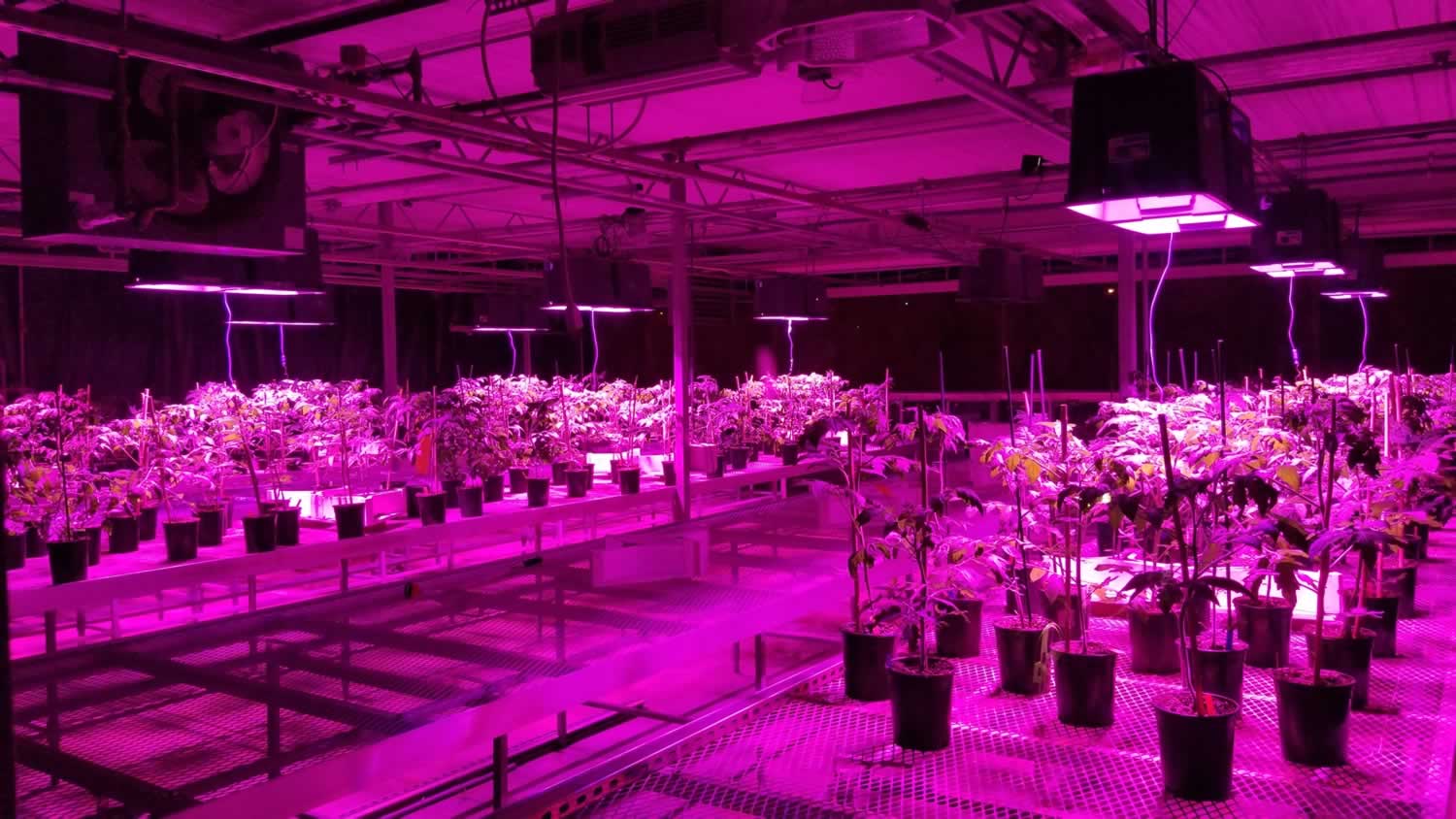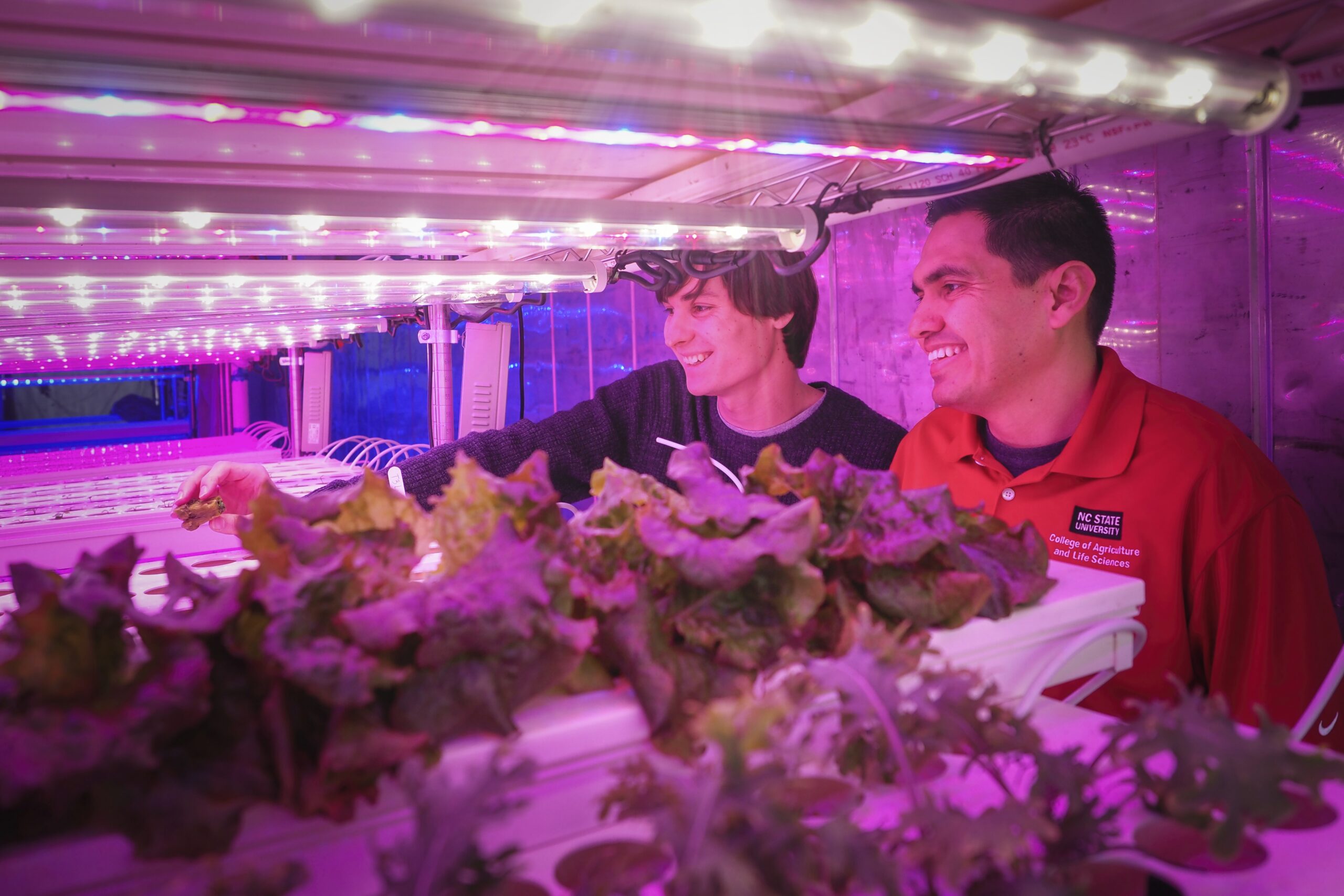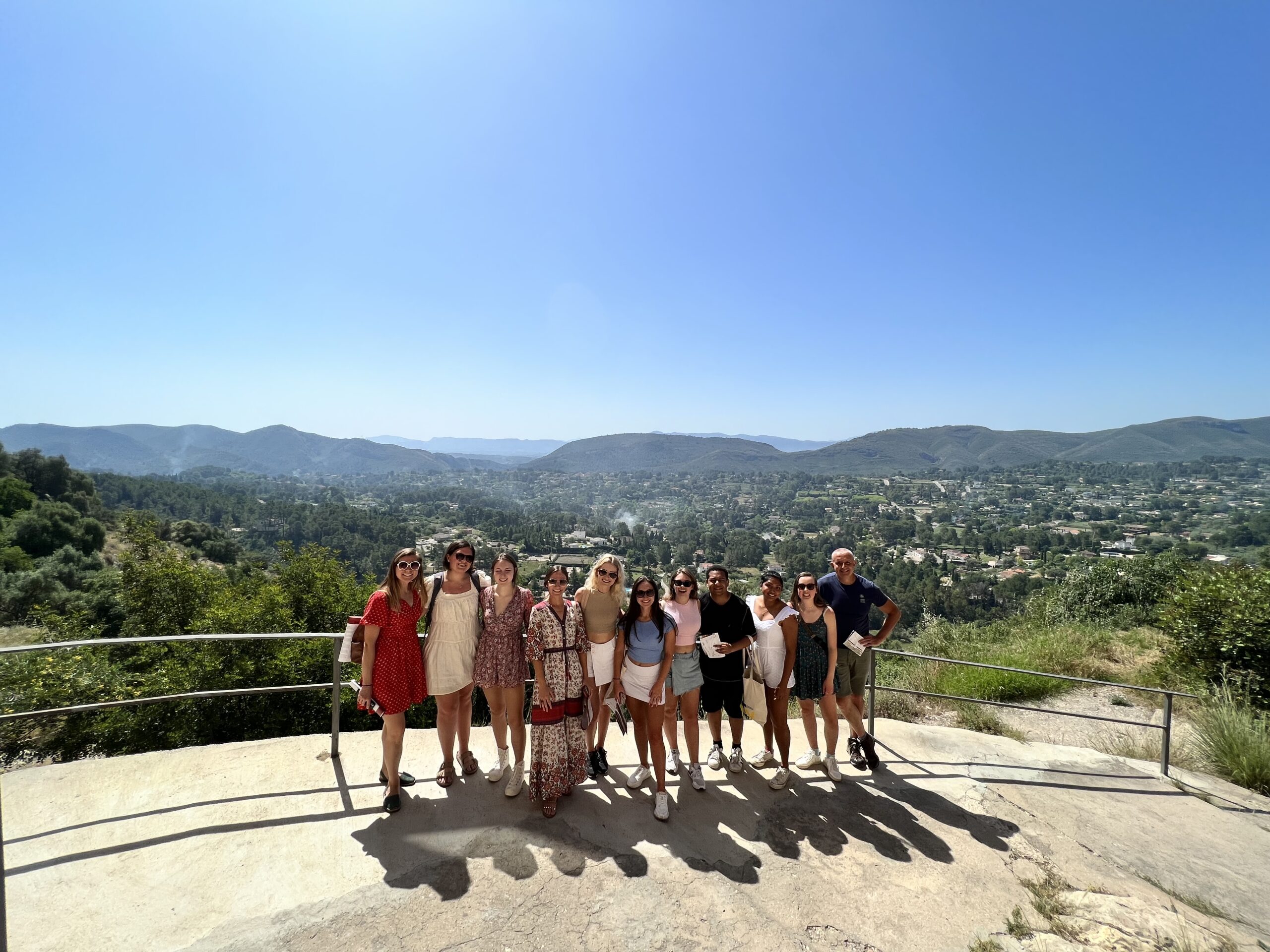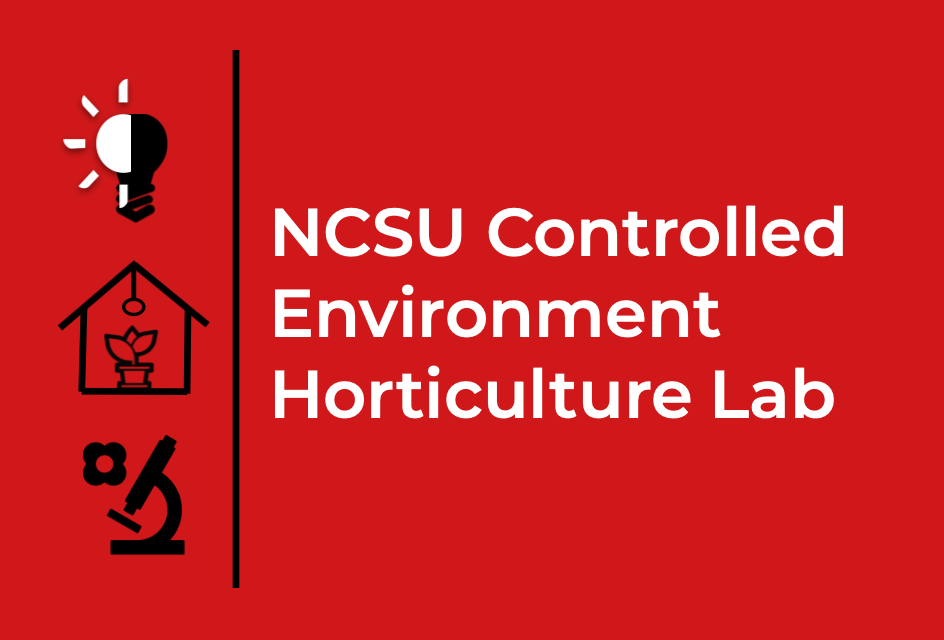Controlled Environment Horticulture
Cultivating a greener tomorrow through advanced technology and growing systems
What is CEH?
Controlled Environment Horticulture refers to the cultivation of specialty crops within indoor production systems, including greenhouses, vertical farms/plant factories, tissue culture, and post-harvest facilities, where advanced technology allows precise control of the environment. In this field, the science of plant eco-physiology is employed to comprehend how plants respond to various environmental factors. This knowledge is then utilized to optimize plant growth, development, morphology, and physiology, leading to enhanced crop yield, phytochemical content, and flavor.
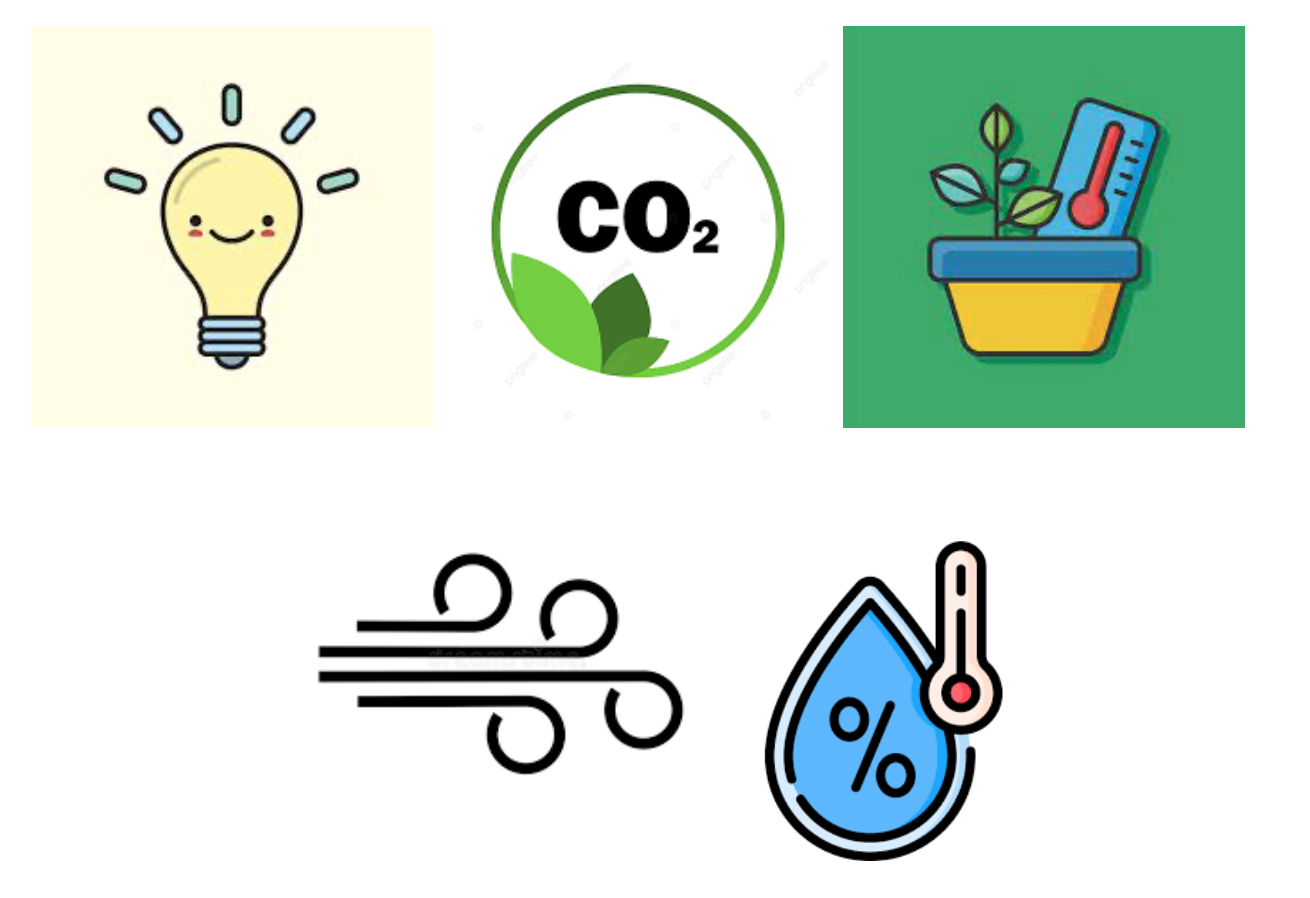
Research conducted in this program directly informs indoor production methods in greenhouses, high-tunnels, tissue culture labs, and plant factories/vertical farms. Key environmental factors for optimizing plant responses include light (both intensity and quality), temperature, air circulation, humidity, and CO2 levels. With the recent advancements in Light Emitting Diodes (LEDs), our current focus is on studying the impact of light quality (spectrum), light intensity, and how light interacts with other environmental elements.
Ultimately, our goal is to enhance indoor horticultural production techniques while promoting the sustainability of existing systems.
CURRENT RESEARCH
Publications
Flowering Response of Cannabis sativa L. ‘Suver Haze’ under Varying Daylength-Extension Light Intensities and Durations , HORTICULTURAE (2023)
Effects of Light Intensity, Spectral Composition, and Paclobutrazol on the Morphology, Physiology, and Growth of Petunia, Geranium, Pansy, and Dianthus Ornamental Transplants , JOURNAL OF PLANT GROWTH REGULATION (2022)
Generation of Adventitious Roots and Characteristics of Gas Exchange according to Leaf Number of Hemp (Cannabis sativa L.) Cuttings , HORTICULTURAL SCIENCE & TECHNOLOGY (2022)
Impact of Different Daily Light Integrals and Carbon Dioxide Concentrations on the Growth, Morphology, and Production Efficiency of Tomato Seedlings , FRONTIERS IN PLANT SCIENCE (2021)
Strawberry Propagation Project
Our goal is to transform the process of strawberry plant propagation by utilizing controlled environment (CE) systems such as indoor farms and greenhouses. It is crucial to examine how strawberry plants respond throughout their vegetative cycle to enhance propagation yield and make it more cost-effective. Our research involves studying the effects of various factors like light, CO2 levels, photoperiod, temperature, substrate, nutrition, and different systems on propagation yields. Additionally, we are working on optimizing the economic viability of this innovative approach.
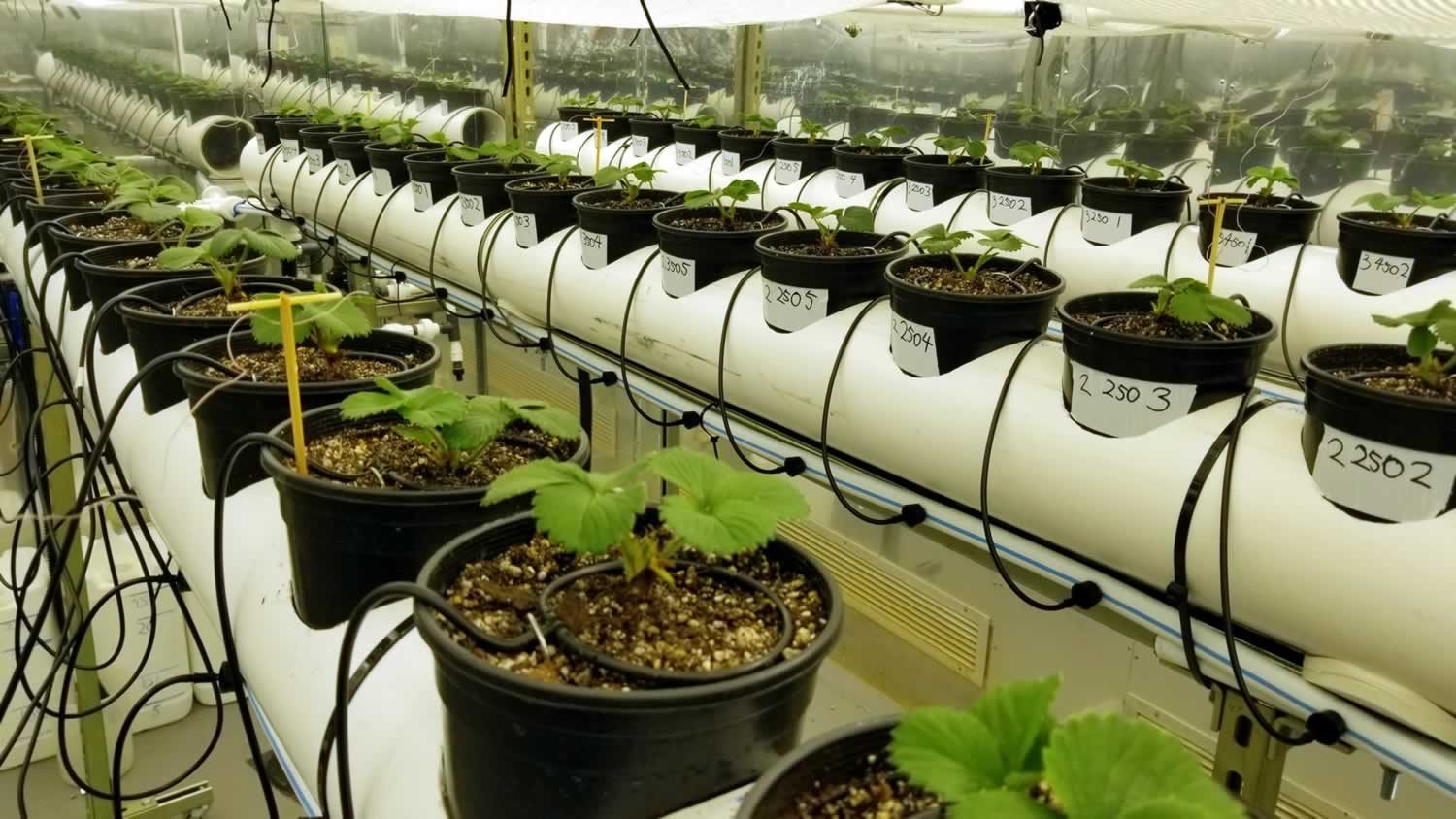
Cannabis Research
Our primary concentration lies in the environmental enhancement of controlled environment (CE) cannabis cultivation, including factors such as light, temperature, CO2 levels, and irrigation. This endeavor aims to boost production in both the nursery sector, specifically in generating cannabis clones, and the market for flowers and related compounds. We plan on evaluating the influence of light intensity and spectra on vegetative and flowering yields. Optimizing lighting, CO2 levels, substrate composition, and rooting hormones to enhance the production of Cannabis clones is another priority. Lastly, we hope to develop a predictive model for Cannabis growth in greenhouses, considering geographical location and environmental factors, and analyze energy usage.

Indoor Propagation
Our team is dedicated to formulating precise “recipes” tailored for vertical farm systems. These recipes are designed to enhance the efficiency of propagation, improve overall plant performance, and increase profitability, particularly for specialty crops. Our specific focus includes the optimization of vertical farming techniques for a range of crops, including tomatoes, watermelons, cucumbers, strawberries, Cannabis, lettuce, and ornamental plants.

Speed Breeding
Through the utilization of controlled environment (CE) technology, our efforts are directed towards minimizing the breeding duration of crops. We achieve this by precisely optimizing the environmental conditions at various stages of plant breeding, encompassing transformation, tissue culture, ex-vitro establishment, and seed-to-seed cycles.
Additionally, contemporary molecular tools for breeding offer opportunities to introduce novel plant traits into existing agronomic crops, further enhancing the possibilities for innovation in agricultural practices.

PAST RESEARCH
Environmental Optimization to Increase Phytochemicals in non-commercial plant species
Principal Investigator: Ricardo Hernández
Lead Scientist: Luis Morales Suarez, Ph.D
This research program will increase the affordability of Vertical farm products by providing more nutritionally dense produce by significantly increasing the phytochemical contents and biomass accumulation while reducing the resource inputs. We expect for exotic germplasms grown under optimized indoor conditions to have a greater content of beneficial phytochemicals than commercial cultivars. In other words, we plan to use CE research to find the baseline information to create plant-based nutraceutical farms.
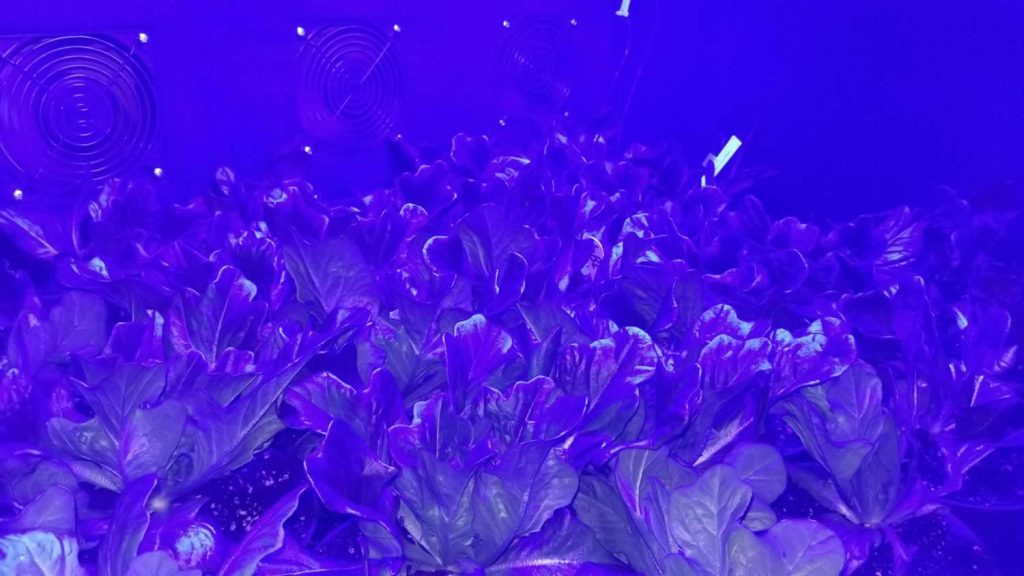
Dynamic light recipes to improve lettuce growth rate and quality (morphology and phytochemical content) in indoor production systems
Funded by: USDA NIFA, project [1007454]
Lead Student: Hans Spalholz, Ph.D.
Most research has focused on characterizing plant responses when exposed to a single light recipe (static spectrum). However, research that identifies the matching spectrum to the different plant growth stages (lag, log, and plateau) to maximize output (nutrient, flavor, growth) is lacking, we called this the dynamic spectrum. This research project is focused on finding dynamic light recipes to improve lettuce growth and quality.
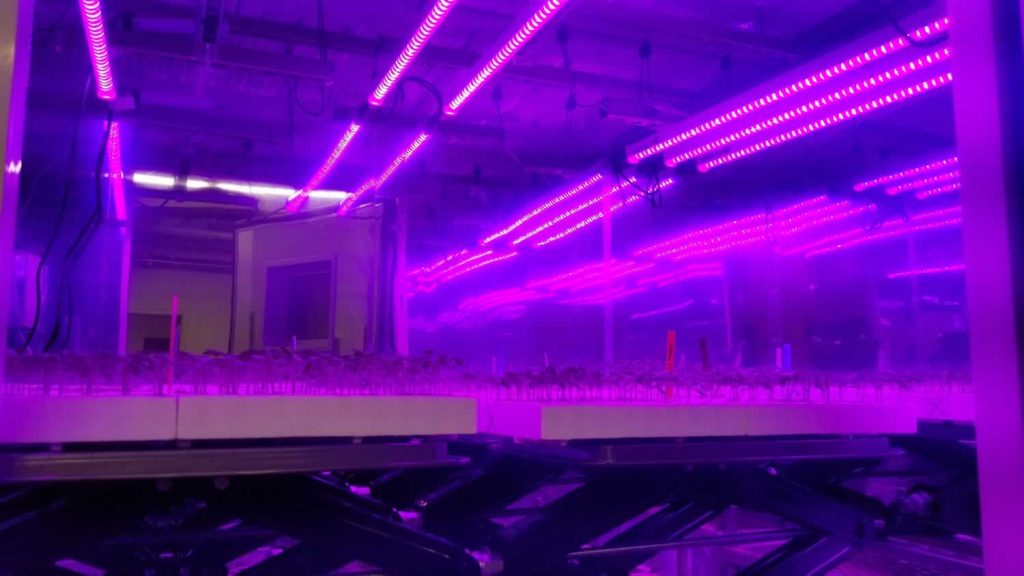
Interactions between Daily Light Integral (DLI) and CO2 concentration to improve propagation efficiency of grafted vegetable seedlings
Lead Student: Brandon Huber
Indoor nursery using electrical lighting is a standard commercial technology for pre- and/or post-grafting processes in Asian and European countries that have advanced nursery technologies. The advantages include 1) uniform plant growth, 2) higher density production, 3) highly contained environment, 3) complete independence from outside climate, and 5) conditioned flowering for earliness; yet the disadvantages are 1) high capital costs, and 2) limited availability of systems.
The objective of this project is to maintain high plant quality while reducing electricity demands from electrical lighting by increasing concentration of supplemental CO2 in order to increase plant grow efficacy (g per kWh).

Optimization of strawberry nursery production in full controlled environment systems
Lead Student: Xiangnan Xu, M.S.
The current open-field strawberry nursery production system is a multi-year and multi-location operation and limited to select regions in the U.S. The current system has inherit risks. For example, disease contamination of strawberry nursery material; and lack of plant uniformity and supply due to variable environmental conditions.
In this research project, we aim to designing precision indoor propagation (PIP) tools to optimize strawberry nursery production and to develop disease-free propagation material. PIP is defined as the production of propagation material under fully controlled environments and under the exemption of natural sun light. The project main objective is to optimize the environment to increase runner/tip production while reducing production cost. Current efforts are focused on photoperiod, light intensity, and temperature optimization.
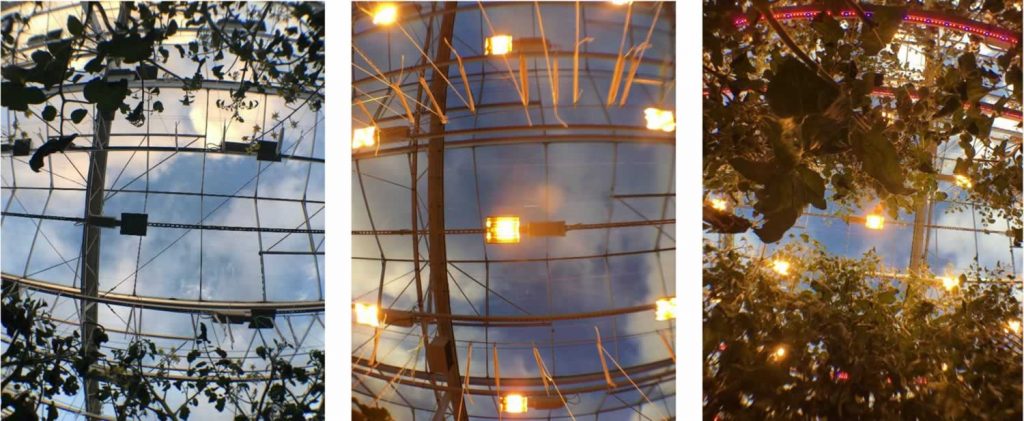
Optimizing site-specific solar radiation modelling for its application in the horticultural, agricultural and photonics industries
Lead Scientist: Titta Kotilainen, Ph.D.
The objective of this project is to measure irradiance conditions under a range of structural materials, different locations, sites, and times of day/year. Measurements will be performed with partners, in Finland, the US, UK and mainland Europe. The objective of the project is to predict light quality inside the greenhouse based on outside irradiance using modelling. Validation of models is done by measuring under various scenarios and comparing measurements to models of what the irradiance is predicted to be.
This project, funded by Academy of Finland, is a joint effort between University of Helsinki, Department of Biosciences, Division of Plant Biology; NCSU, Department of Horticultural Sciences; Stockbridge Technology Centre (UK); Kauppapuutarhaliitto (association for Finnish growers); and Photonics Finland.

Photoperiodic responses of LED supplemental lighting in the greenhouse to improve growth and development of tomato transplants and lettuce
Lead Scientist: Cristian Collado
Lead Students: Kai Rundquist and John Calero
While maintaining the same Daily Light Integral (DLI) using supplemental LED lighting in the greenhouse, we intent to improve plant morphology and quality by adjusting the photoperiod.
Morphology and growth of ornamental seedlings grown under supplemental LED lighting and chemical plant growth regulator
Lead Scientist: Cristian Collado
For more information contact ricardo_hernandez@ncsu.edu
Effects of light quality during the healing stage on the morphology and growth of grafted tomato transplants using light emitting diodes and fluorescent lights
Lead Scientist: Jimmy Byrtus
For more information contact ricardo_hernandez@ncsu.edu
TEACHING
OUR TEAM
Principal Investigator

Ricardo Hernández, Ph.D.
Dr. Ricardo Hernández, an Associate Professor at North Carolina State University, focused on controlled environment research, specializing in optimizing environments to maximize plant responses. As the director of the CEA-Coalition at NCSU (https://units.cals.ncsu.edu/cea/), he heads a multidisciplinary research group. Collaborating with scientists, engineers, and industry partners, their evidence-based research aims to reshape CE agricultural practices for a more sustainable future. Beyond academia, Dr. Hernández has a doctoral training in entrepreneurship and co-founded two startups: Grafted Growers (graftedgrowers.com), specializing in vertical farm plant propagation, and Phlora (phlora.com), focused on advancing vertical farm technology development. Dr. Hernández’s work spans academia and entrepreneurship, driving innovation and sustainability in CE agriculture.
- Bachelor of Science, Agronomy – Crop consulting- New Mexico State University
- Masters of Science, Entomology – Biological Control- Texas A&M University
- Doctoral, Plant Sciences – Plant Physiology- The University of Arizona
- Doctoral Minor – Entrepreneurship- McGuire Center for Entrepreneurship, Eller School of Business.
- Minor – Ag and Biosystems Engineering- The University of Arizona
Research Group Manager and Technical Support
Cristian Collado, M.S.
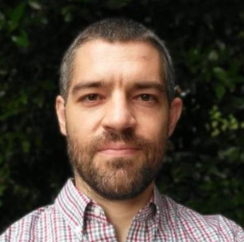
Cristian is an Agronomist and Agronomy Engineer who focuses on increasing production and understanding plant and crop physiology while minimizing the environmental impact. He has developed advanced growing systems for greenhouse and indoor farm studies to improve data quality, increase plant and crop physiology knowledge, and reduce resource usage. Additionally, he has designed a vertical farm multi-crop propagation chamber used in precision propagation facilities. Since 2016, Cristian has been a valuable NC State Controlled Environment team member, coordinating CE research projects while completing his Ph.D. Cristian’s team has also been his wife, Laura, and their two young daughters, Aylen and Lucia, whom he has been proud to be a part of for over 12 years.
Research Technician
Partin Thompson
Research Technician and Public Relations Specialist
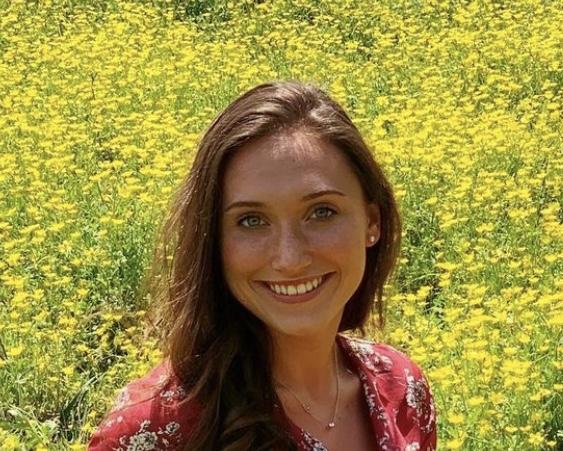
Morgan Moran
Morgan graduated from NC State with a B.S in Horticulture Science. She aids graduate students in their research endeavors, assisting in tasks such as setup, harvesting, and data collection. Additionally, Morgan manages our laboratory’s social media presence, actively working to promote awareness of our lab’s activities and significance among fellow researchers at NC State and the broader community.
Postdoctoral Research Associate
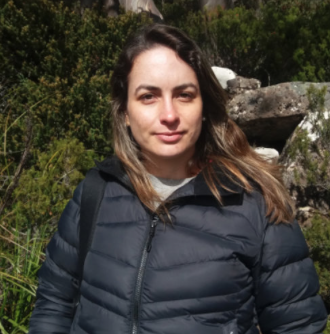
Cristiane da Silva, Ph.D.
Cristiane is a Postdoctoral Research Scholar at NCSU’s Horticultural Science Department. Her research focuses on optimizing soybean flowering, harvest timing, and seed production for breeding purposes through the manipulation of day-length and light spectrum. Cristiane is a biologist with a Master’s degree in Plant Physiology and a Ph.D. in Plant Biology, with over 15 years of experience in the study of abiotic stress in plants. She possesses expertise in various areas of plant physiology, including plant biochemistry, crop production, plant micropropagation, cell signaling, salinity, flooding, and heavy metal stress. In her free time, she enjoys hiking, traveling, playing with her dog, and spending quality moments with her family.
Graduate Students
Xiaonan Shi
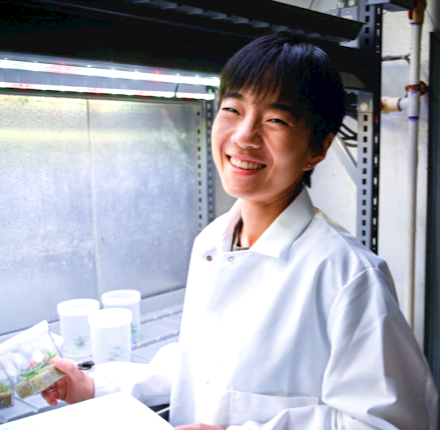
Xiaonan is a Ph.D. student with research interests in optimization of plant transformation and plant in vitro performance via controlled environment practice, including light intensity and photoautotrophic technique with various air change rates in soybean and cannabis, respectively. Her scientific background extends to plant physiology in CEA. During her PhD, Xiaonan is also a fellow at the Foundation for Food and Agriculture Research (FFAR), receiving professional development.
She is a dog and plant person! Outside the lab, she is either hiking with her pup or getting more plants into the house.
Moein Moosavi-Nezhad
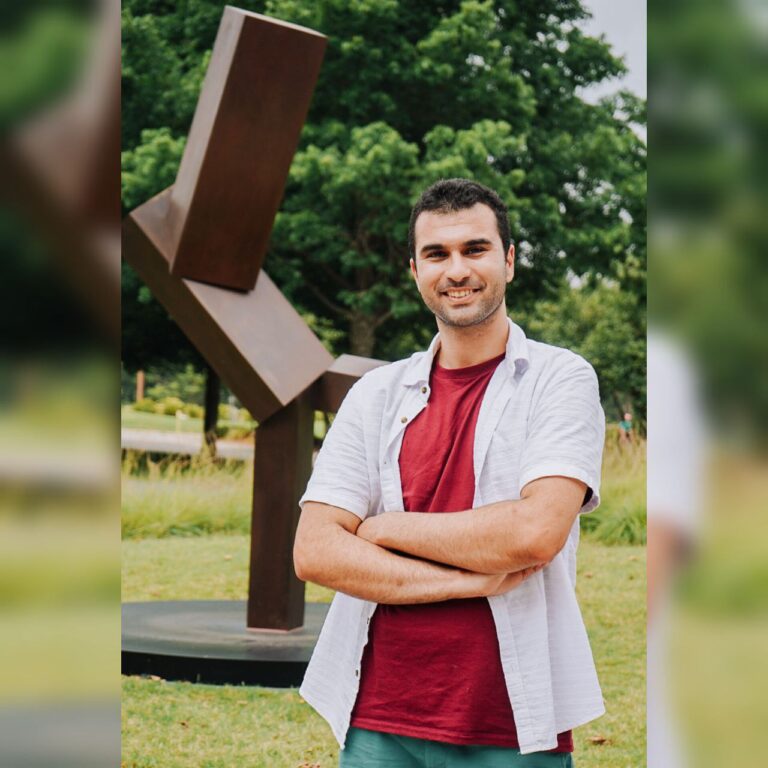
Moein started working in CEA in 2016 at the University of Tehran focusing on plant-light interactions in grafted vegetables and finished his master’s in 2019. After graduating, he continued research on light-plant interactions in CEA and joined the Strawberry PIP-CAP SCRI in August 2022. Here, he is evaluating strawberry daughter-to-mother ratio efficiency with a focus on light characteristics such as photoperiod, light quality, intensity, angle, etc. At NC State, he has taken on leadership positions such as Horticultural Graduate Student Association international students representative and a program coordinator of the Iranian Student Association. You can learn more about his work in his AllMyLinks.
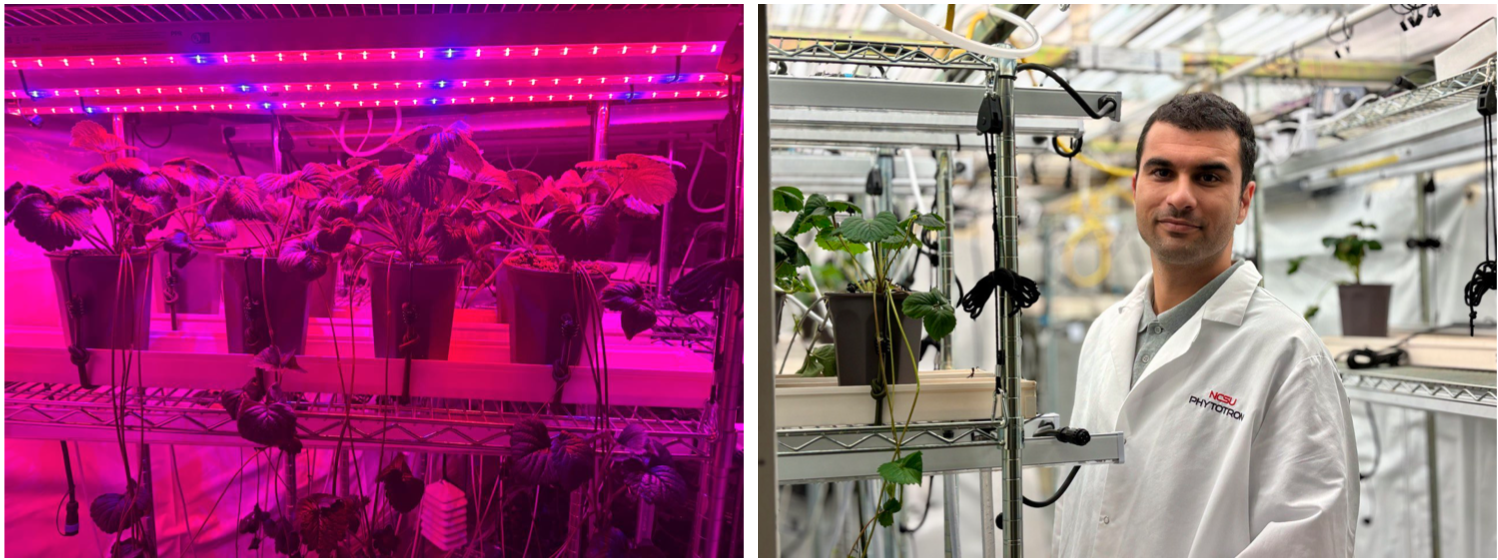
Sam Humphrey

Sam’s research is on improving propagation efficiency of strawberries in controlled environments. By adjusting the environmental conditions (like light intensity, carbon dioxide concentration, or temperature) we can induce strawberry “mother plants” to produce clonal “daughter plants” more efficiently. In some of his experiments, Sam is trying to get daughter plants to develop roots as quickly and efficiently as possible. In other experiments he grows mother plants, and is trying to see how well they can produce daughter plants when he varies the lighting and carbon dioxide concentration. As a whole, these several experiments will shed light on how we can improve efficiency in multiple ways: harvesting more tips per mother plant, and rapidly rooting plug plants. We hope this research will empower nurseries to use controlled environments to produce cheaper, cleaner daughter plants.
Sam earned his Bachelor’s degree in Plant Science with an emphasis in Plant Health and Protection from the University of Florida, where he also conducted research at a number of labs, including controlled environment and root physiology labs. Sam cultivated his love of controlled environments in his extracurricular work, designing growth chambers for the NASA Growing Beyond Earth Maker Contest and writing about growth chambers for Astrobotany.com, among other projects. Sam currently is a Masters Student in the Hernández Lab, Graduate Student Fellow at the Fairchild Tropical Botanic Garden, and Visiting Scholar at the Blue Marble Space Institute of Science.
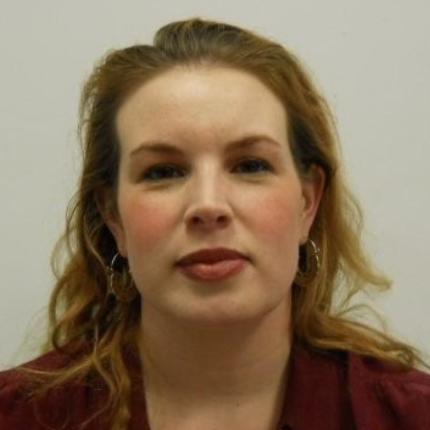
Meghan Roche
Meghan is a PhD candidate in NCSU’s Horticultural Science Department, minoring in Biotechnology. Her research involves utilizing CRISPR/Cas9-mediated gene editing to knockout genes involved in heat-induced bolting in lettuce. Meghan also possesses a master’s in Plant Breeding and a B.S. in Plant Sciences. She has a breadth of experience in plant breeding and molecular biology across an array of field and horticultural crops.
Undergraduate Students
- Cooper Godwin, Plant Biology (crgodwin@ncsu.edu)
PUBLICATIONS
Popular Press Articles
- Current and NCSU Extend Research Partnership with New Cannabis Light Spectrum Study
- Cannabis Water Use Under Supplemental Light
- From Trial & Error to Truth: Researching the Impact of Supplemental Lighting on Cannabis Production
- GrowerTalks: Signal to Grow
- Greenhouse Management Magazine: Luminous possibilities
- Produce Grower Magazine: Lighting the path
- Greenhouse Management Magazine: The Evolution of LEDs
- Greenhouse Management Magazine: Do the Math, See the Light
Book Chapters
Light management in controlled environments. Light quality and photomorphogenesis
Both A.J., Bugbee B., Craver J., Currey C., Dole J., Dorais M., Erwin J., Faust J., Fisher P., Frantz J., Hernández R., Kopsell D.A., Kubota C., Lopez R., Mattson N., Mitchell C., Runkle E., Stutte G., van Iersel M., Warner R., Whitman C. (2017) Light management in controlled environments. Light quality and photomorphogenesis. 105-137. Meister Media Worldwide
Horticultural reviews-light-emitting diodes in horticulture
Mitchell, C.A., J.F. Burr, M.J. Dzakovich, C. Gómez, R. Lopez, R. Hernández, C. Kutoba, C.J. Currey, Q. Meng, E.S. Runkle, C.M. Bourguet, R.C. Murrow & A.J. Both 2015. Horticultural reviews-light-emitting diodes in horticulture, WILEY Blackwell.
Recent advances in entomological research: hymenopteran parasitoids and their role in biological control of vegetable Liriomyza leafminers
Liu, T. X, Kang L., Lei Z., Hernández, R., (2010). Recent advances in entomological research: hymenopteran parasitoids and their role in biological control of vegetable Liriomyza leafminers (pp. 228-243). Higher Education Press.
LINKS
- Developing LED Lighting Technologies and Practices for Sustainable Specialty Crop Production-Project Website
- Department of Horticultural Science – NC State University
- Controlled Environment Agriculture Center – University of Arizona
- Vegetable Grafting Organization- current information on vegetable grafting
- Hydroponic Strawberry information
- Vegetable grafting information website- videos and resources
- Resources for greenhouse production- DLI, fertility, PGR, alkalinity and pH
Contact Us
Phone
Call us
919-513-7288
Address
Department of Horticultural Sciences
Campus Box 7609
2721 Founders Drive
Raleigh, NC 27695-7609
